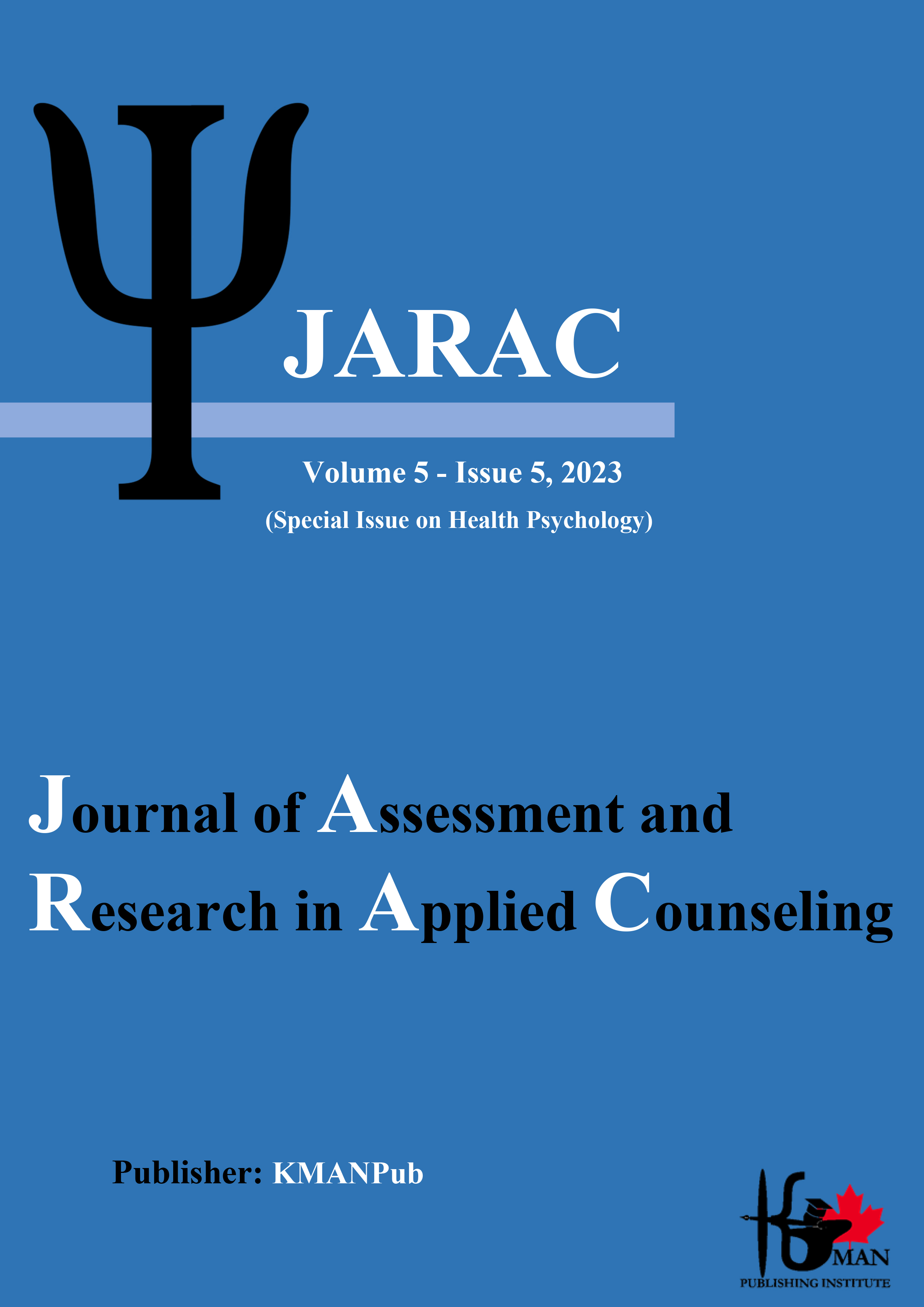Effectiveness of Educational Games Based on Social Constructivist Approach in Interaction with Learning Styles on Improving Multiple Intelligences of Elementary Students
Abstract
Objective: The current study aimed to examine the effectiveness of educational games based on the social constructivist approach in interaction with learning styles on improving multiple intelligences of fifth-grade female elementary students.
Methods and Materials: The research method was a quasi-experimental design with pre-test, post-test with control groups, accompanied by a 2-month follow-up phase. The statistical population included all fifth-grade female students enrolled in public schools in Hamedan during the 2023-2024 academic year. In the first phase, using simple random sampling, one school from the Hamedan city areas was selected, and 100 of them were chosen through screening and then randomly assigned into 2 experimental groups (25 students in the deep learning group and 25 in the surface learning group) and 2 control groups (25 students in the deep learning group and 25 in the surface learning group). The experimental groups underwent six 90-minute sessions of educational games based on the social constructivist approach; however, the control groups did not receive any intervention and remained on the waiting list. The two-factor Learning Process Questionnaire (R-LPQ-2F) by Biggs et al. (2001), and the Multiple Intelligences Developmental Assessment Scales (MIDAS) questionnaire by Shearer (1996) were used for data collection. Data analysis was performed using mixed ANOVA and Bonferroni post-hoc tests with SPSS version 24.
Findings: The results showed that educational games based on the social constructivist approach were more effective in students with deep learning styles than those with surface learning styles in improving multiple intelligences (P<0.05).
Conclusion: It can be concluded that educational games based on the social constructivist approach can be used as an appropriate educational method for improving multiple intelligences, especially in elementary students with deep learning styles.
Downloads
Downloads
Additional Files
Published
Issue
Section
License
Copyright (c) 2024 Tayebeh Javadi Momtaz (Author); Davood Taghvaei (Corresponding Author); Zabih Pirani (Author)

This work is licensed under a Creative Commons Attribution-NonCommercial 4.0 International License.















